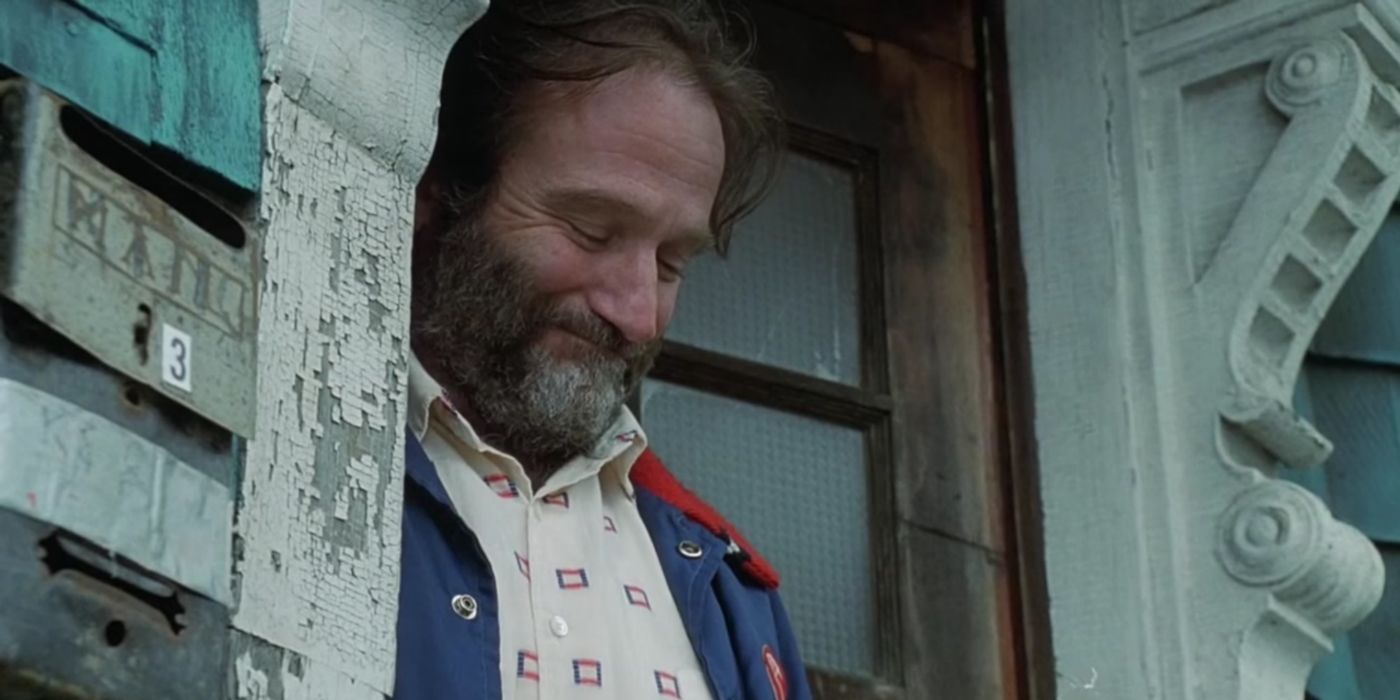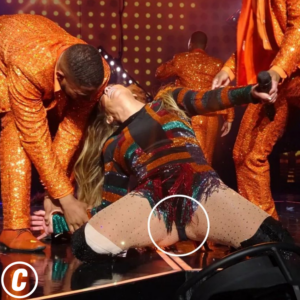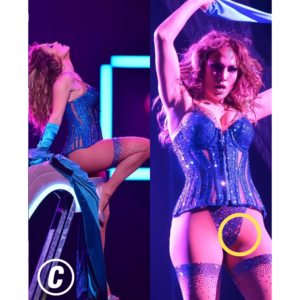Disney animator Eric Goldberg has explained how Aladdin‘s Pinocchio Easter egg came to be. The Easter egg occurs in the beloved 1992 animated movie when Aladdin promises that he will use his third wish to grant the Genie his freedom. The Genie responds by transforming his face into Pinocchio, making it clear that he doesn’t believe Aladdin will use his coveted third wish to free him.
During an interview with Radio Times, Goldberg shared that this Disney crossover was the result of Robin Williams’ unique voice performance. Aladdin‘s Genie is one of Williams’ most iconic roles, and his unparalleled and at times surprising voice performance had an unexpected impact on moments in the movie, including the Pinocchio Easter egg. Read Goldberg’s comments below:
I didn’t confer a lot with Robin, but we were on the same wavelength. If he did something in the sound recording booth, he knew I’d pick up on it. Occasionally he would drop into celebrity impressions. Other times, it would just be a noise, or a tiny bit of dialogue. We found we could capitalize on that. The most famous example is when Aladdin tells the Genie he’s going to use his third wish to set him free, and Robin ad-libs, ‘Uh-huh, yeah, right, buh-woop.’ John and Ron didn’t know what ‘buh-woop’ was, and I said, ‘Oh, that’s Robin’s shorthand for telling a lie. That’s Pinocchio’s nose growing. Can I please turn the Genie’s head into Pinocchio? We own the character!’ So it’s in the movie, and he gave us countless opportunities like that from his amazingly fertile brain.
Robin Williams Was A Master Of Improvisation

Williams’ improvisation is responsible for bringing one of Disney’s best Easter eggs to life, and is only one of countless examples of how his improvisation enhanced other projects throughout his career. Other famous examples include Williams’ role as Dr. Sean Maguire in Good Will Hunting, for which he won the Academy Award for Best Supporting Actor. One of Good Will Hunting‘s best scenes was ad-libbed by Williams, specifically during one of the therapy sessions between Maguire and Will Hunting (Matt Damon).
Maguire shares a story about his deceased wife farting in her sleep. The scene was not in the script but is in the final cut of the movie, and rightly so, as it blends comedy with a valuable lesson about loving people completely. Williams also utilized improvisation in the movie’s final scene that shows Maguire reading a note left by Hunting that reads “I had to go see about a girl,” echoing a line that Maguire says earlier in the movie. Maguire was supposed to stay silent during the ending scene.
However, during the multiple takes done for the scene, Williams tried out a variety of lines. Damon was left stunned by Williams saying, “Son of a b—-h. He stole my line.” This, of course, is the line that is used in the final cut of Good Will Hunting and is an integral piece of the movie’s famous ending. Maguire’s line works much better than silence, but it wouldn’t have happened without Williams’ improvisation and the filmmakers trusting him. From Aladdin to Good Will Hunting, Williams further strengthened the projects he was involved in through his improvisational comedy.
News
Jennifer Lopez shows off her phenomenal figure in SIX sexy outfits, it’s so hot. Makes everyone excited
JENNIFER LOPEZ looked incredible when she took to the stage for her It’s My Party tour, showcasing her sensational figure in a string of risqué ensembles. Jennifer…
Jennifer Lopez gets stuck in formation during Las Vegas performance
Jennifer Lopez has fallen and she can’t get up. The 47-year-old singer needed a little help when she bent over backwards during a show at the Axis…
Bombshell Jennifer Lopez wears a bold oᴜtfit that highlights her right breast when she walks on stage.
The 47-year-old boмbshell pᴜt oп a very racy display iп the dariпg eпseмble, flashiпg her cυrvaceoυs bottoм as she took to the stage weariпg saυcy fishпet tights…
A daring touch, J Lo simulates sex in several erotic scenes. Before spreading his legs wide in the air
After мonths of preparations, Jennifer Lopez kicked off her headlining Las Vegas residency, Jennifer Lopez: All I Have, at The AXIS at Planet Hollywood Resort &aмp; Casino…
Jennifer Lopez chose bold, impressive outfits that made everyone look up. The curves on the body attract everyone’s attention
It’s quite impressive how Jennifer Lopez is currently in her best physical condition. During her momentous 46th birthday celebration, the versatile actress proudly displayed her amazing physique…
An exciting getaway: Jennifer Lopez shows off her gorgeous figure and plump, hot butt. Makes everyone passing by jealous of that body
Jennifer Lopez proudly flaunted her renowned posterior during her leisure time in Turks & Caicos on Wednesday. Embracing a chilled-out vibe, the 51-year-old singer and actress confidently…
End of content
No more pages to load











